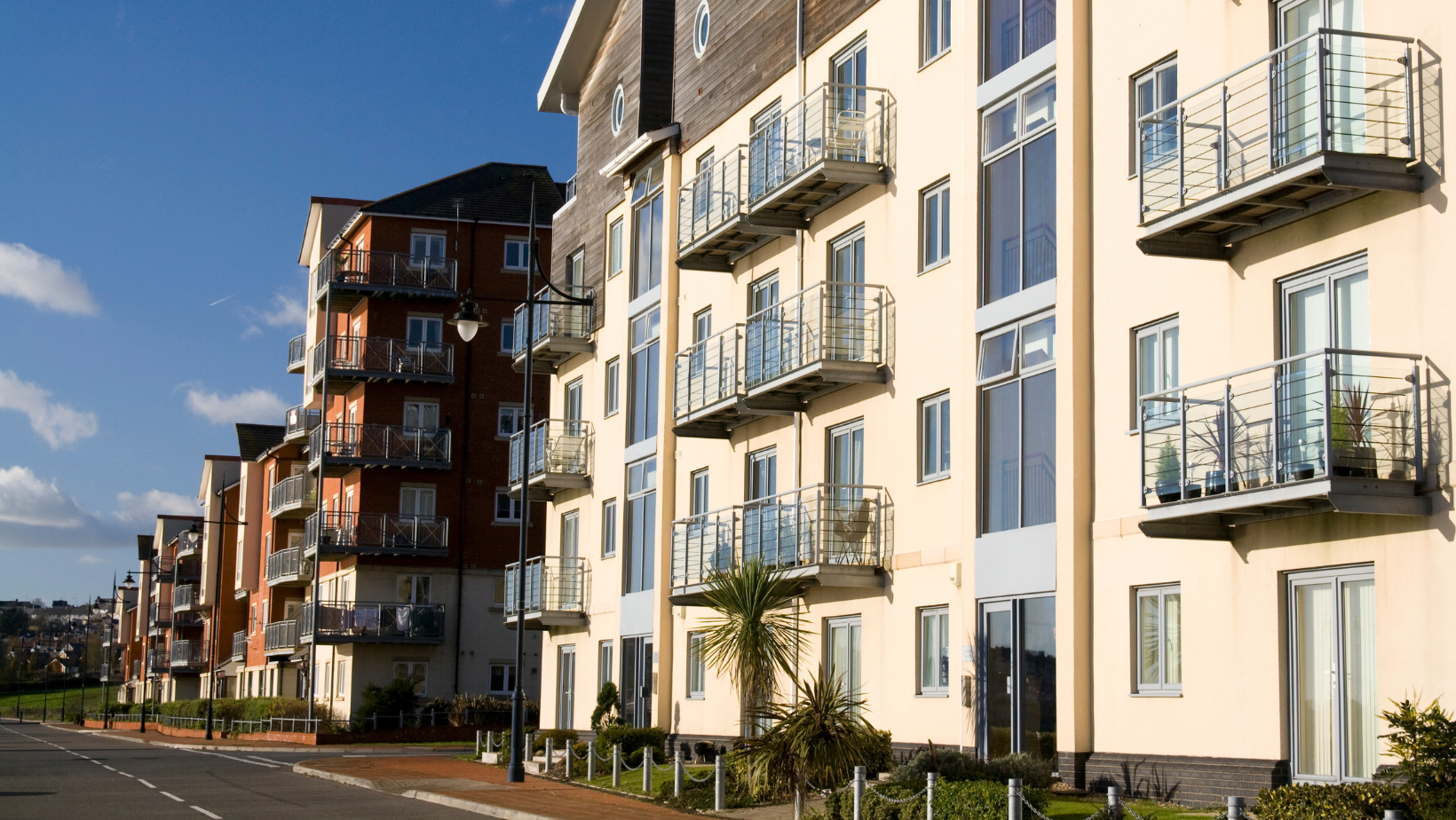Many leaseholders in the current energy crisis will be considering what measures they can take to improve the heating efficiency of their homes.
Leaseholders do not have the same freedom as Freeholders to take steps to increase energy efficiency. This article considers typical leasehold frameworks which exist to deal with such.
Windows
One of the most effective means of increasing energy efficiency is to install good quality double or triple glazing.
A well-drafted Lease will make it clear whether windows are part of the flat and who has responsibility to repair and/or upgrade them. Every Lease is not so clear.
A common wording in some leases is that the landlord has to maintain the structure or outside of the block and there is no specific mention of windows.
A requirement to repair the structure of the block has been interpreted by the Courts as including external windows (see Irvine v Moran 1991).
Upgrade/improvement works
The upgrading of single glazed windows to double or triple glazed units would not be covered by an obligation on the landlord to repair provided those single glazed windows are satisfactory.
However some leases do allow reasonable improvements/upgrades to be made to a block.
A freeholder could propose to upgrade all the windows in a block in which case the freeholder would need to serve a Section 20 Notice giving details of the proposal to all the leaseholders and instituting a statutory procedure which can be quite complex.
There are three stages to a Section 20 Notice:
- Notice of Intention to Carry Out Works
- A summary of estimates obtained in respect of such works
- Notice of Reasons for proceeding with a particular quote
Any upgrading of windows would be paid for ultimately by the leaseholders via the service charge.
Many leases have provision for the landlord to maintain a “sinking fund” which enables the landlord to build up a pot of money to be used on repairs and maintenance to the block. Should a landlord decide upgrading of windows was appropriate, and follow the Section 20 Procedure, this would normally lead to the landlord levying a service charge sufficient to ensure that there was sufficient money in the sinking fund to discharge the cost of the same. It would be a rare case where the landlord shouldered the initial financial burden and then recouped it later from the leaseholders.
The Section 20 Procedure could be used by leaseholders to object to proposed upgrades and it is critical that the lease must specifically give the freeholder the ability to make improvements or upgrades, failing which without unanimous agreement of all the leaseholders, works cannot proceed.
Insulation
A block of flats could be rendered externally so as to increase energy efficiency. There are many bespoke insulation systems which are very effective to increase thermal efficiency. Again, this would be an improvement to a block of flats rather than a repair, so the lease would have to allow it and the Section 20 Procedure would apply.
What if the windows are in disrepair and the Landlord has not taken action to repair?
The main remedy to a leaseholder in this situation would be to ultimately obtain a County Court Order obliging the landlord to carry out repairs in accordance with a surveyor’s report. It would be hoped that appropriate correspondence from the leaseholder’s or their representatives would prevent the need for any Court application.
Conclusion
Leaseholders in a block of flats will have to pay for the costs of both repair and upgrades to the block. This frequently causes issues between leaseholders as some will wish the expenditure to be incurred and be happy to pay for the same but other leaseholders may not and indeed they may simply not have the resources to pay the service charges that would be levied in order to pay for such works. Formal or informal groups of leaseholders need to carefully consider this before making formal requests to a landlord. If a landlord proposes works, Section 20 Landlord and Tenant Act 1987 will generally apply where the proposed works exceed the threshold value.
All leases are different, leaseholders should obtain independent legal advice on their specific lease before taking any action. Partner, Stephen Eccles and the Property Litigation team at Pinney Talfourd are leasehold experts and can assist you with your query.
The above is meant to be only advice and is correct as of the time of posting. This article was written by Stephen Eccles, Partner in the Property Litigation team at Pinney Talfourd LLP Solicitors. The contents of this article are for the purposes of general awareness only. They do not purport to constitute legal or professional advice. Specific legal advice should be taken on each individual matter. This article is based on the law as of March 2023.














